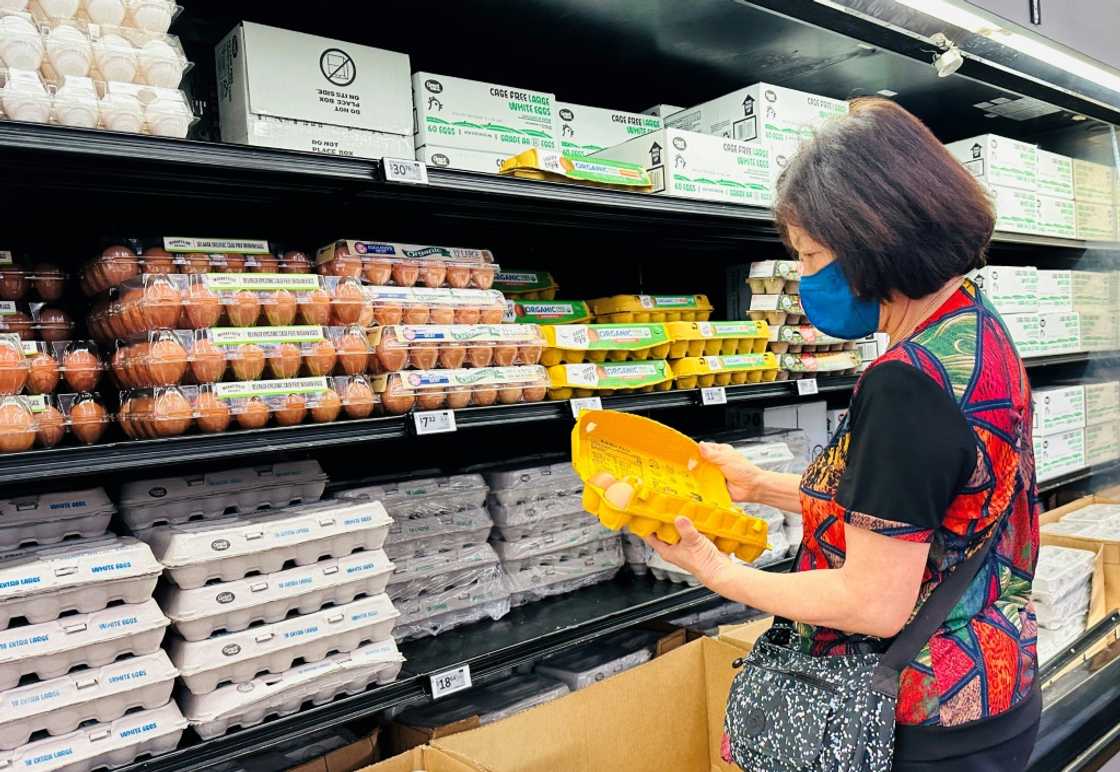US consumer confidence hits lowest level since onset of pandemic

Source: AFP
CHECK OUT: Education is Your Right! Don’t Let Social Norms Hold You Back. Learn Online with LEGIT. Enroll Now!
US consumer confidence has fallen to its lowest level since the onset of the Covid-19 pandemic, according to survey data published Tuesday, reflecting concerns about President Donald Trump's tariff plans.
The Conference Board's US consumer confidence index fell 7.9 points to 86.0 in April, the research organization announced in a statement, noting that mentions of tariffs in write-in responses had reached an "all-time high."
This was the lowest level since May 2020, a spokesperson confirmed to AFP.
"Consumer confidence declined for a fifth consecutive month in April," Conference Board senior economist Stephanie Guichard said in a statement.
"The three expectation components -- business conditions, employment prospects, and future income -- all deteriorated sharply, reflecting pervasive pessimism about the future," she added.
Donald Trump's tariff plans have unnerved investors, sending market volatility soaring and consumer confidence plunging.
Confidence in the financial markets has also tanked, according to Guichard, with 48.5 percent of consumers expecting stock prices to fall over the next 12 months -- the highest share since October 2011.
In another worrying sign, average 12-month inflation expectations reached seven percent this month which, Guichard said, was the "highest since November 2022, when the US was experiencing extremely high inflation."
If sustained, higher inflation expectations can cause a vicious cycle of price hikes, as businesses preemptively raise prices in anticipation that their costs will rise further in the future.
"Bad confidence numbers don't translate into poor consumer spending, luckily," Navy Federal Credit Union corporate economist Robert Frick wrote in a note shared with AFP.
"The real test of how Americans spend will be seen tomorrow when personal income numbers are released," he said.
"Those have been rising strongly, and history shows that if we have money, we'll spend it despite the jitters we may be feeling," he added.
PAY ATTENTION: Сheck out news that is picked exactly for YOU ➡️ find the “Recommended for you” block on the home page and enjoy!
Source: AFP



